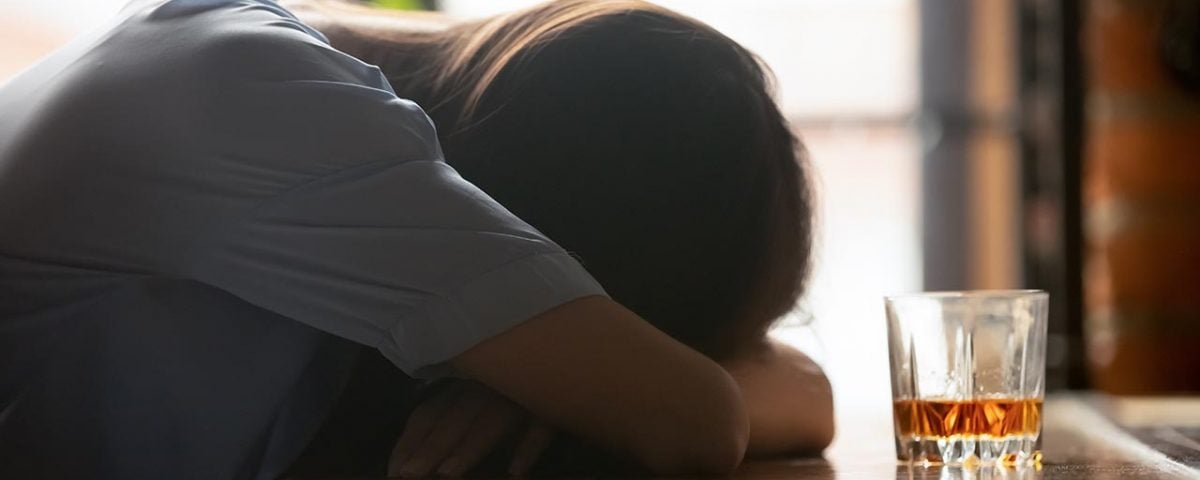There are several perceived differences between men and women.
Through interests, hobbies, and even ways of thinking, the stereotypical views on males and females are vastly different. While many of these ideas are exaggerated and the actual differences between the sexes are much more modest, there are some cases where gender seems to matter more. Substance abuse is one such example.
Women & Drug Addiction
Substance abuse and addiction are unique to every individual, but women and men tend to face different issues when it comes to substance abuse and addiction. The two genders often abuse different substances and for different reasons.
Although men tend to have higher rates of substance abuse overall, in 2016 there were estimated to be 19.5 million women over the age of 18 in the United States who had used an illicit drug in the last year.1 Substance use in women also typically involves different drugs than the substances most abused by men.
While men abuse alcohol and illicit drugs at high rates, women seem to turn more to prescription drugs. In 2016, over 8 million adult women in the United States had misused a prescription drug in the past year.1 Some evidence suggests that along with being prescribed drugs at a much higher rate than men, women also abuse these medications at a higher rate. In particular, substance abuse among females often includes prescription opioids and tranquilizers.2
Along with abusing different substances, women also seem to be more prone to developing an addiction faster than their male counterparts. Research shows that women on drugs who go to a rehab center will often have a more severe addiction than men in treatment, even though they have been abusing the substance for a shorter amount of time and in smaller doses.3
Causes of Substance Abuse in Women
Substance use disorders and addiction are often a result of several different contributing factors. Genetics, background, trauma, and upbringing can all play a role in whether or not someone develops an addiction.
One major reason women develop substance use disorders seems to stem from poor mental health. Women are diagnosed with common mental health disorders like depression, anxiety, and somatic disorders at a much higher rate than men.4 All of these mental health disorders have a high comorbidity rate with substance abuse disorders. For this reason, women are screened for mental illness before entering residential addiction treatment to develop an effective treatment plan.
Drug Abuse & Women’s Health
Women and men also appear to develop different health problems related to their addiction.
Because biological sex results in slight differences in the brain and hormones, the brain itself may be changed in different ways based on a person’s sex.5 Hormones can also play a huge role in the effects of substance abuse. Some drugs like opiates cause missed periods or interfere with a woman’s menstrual cycle. There is also some evidence to suggest that woman are at a higher risk of liver damage, brain damage, and heart disease from alcoholism than men are.6 Even more alarming, substance abuse among females is more likely to result in overdose.5
Women & Substance Abuse Treatment
Because substance abuse among females is different in several ways than substance abuse among men, treatment should vary. Traditionally, therapies for drug addiction were tailored more toward men because men’s addictions were studied in more depth. Now that women’s addictions have been studied as well, treatment has changed.
Substance abuse treatment for women may need to focus more on mental health because it is such a common underlying cause of addiction for females. Because women are also more susceptible to relapse than men,7 effective and lasting treatment should focus on relapse prevention strategies.
At Banyan Heartland, we understand that everyone is unique, and sex may only play a small role when it comes to addiction. To ensure that our patients get the care they need to find lasting sobriety, a full clinical evaluation is completed before treatment begins. This allows our team to create a personalized treatment plan for each patient.
Whether you need assistance for yourself or have a loved one in need of help for a substance abuse problem, call us today at 888-280-4763 to learn more about how we may be able to help.
Sources:
- SAMHSA- RESULTS FROM THE 2016 NATIONAL SURVEY ON DRUG USE AND HEALTH: DETAILED TABLES
- Pub Med- Gender and other factors associated with the nonmedical use of abusable prescription drugs
- NCBI- Substance Abuse in Women
- WHO- Gender and women's mental health
- NIH- Sex and gender differences in substance use
- Women’s Health Matters- Prevalence of women’s substance abuse
- Health Harvard- Addiction: It retrains the brain, is tougher on women








